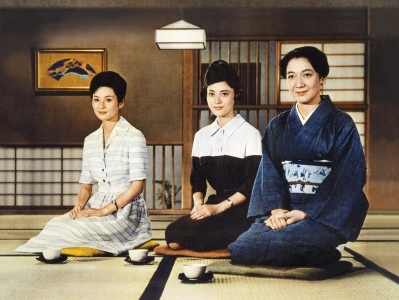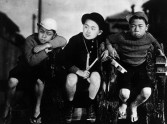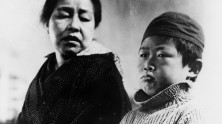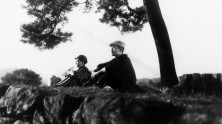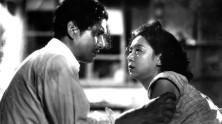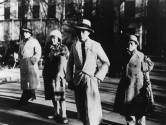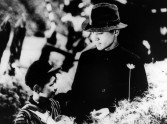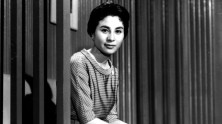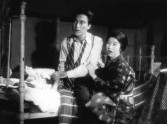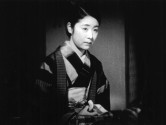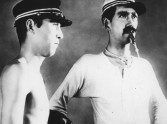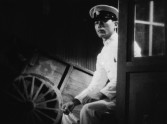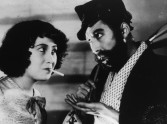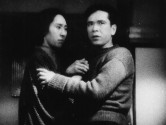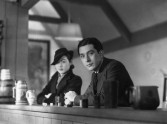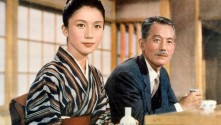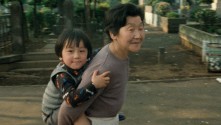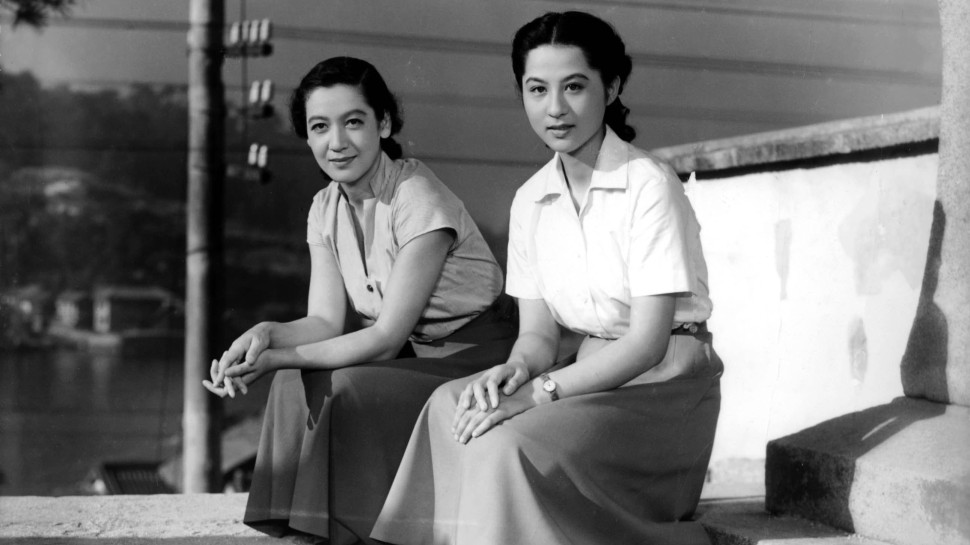
Among his biggest commercial and critical hits, Ozu’s beloved and now canonized Tokyo Story is also one of his most profoundly moving and mystical films: a meditation on the distance between generations and the loss of intimacy amongst a family pulled apart by selfish habit. The tale of an elderly couple who leave their home to visit their children speaks to the lasting hold of Hollywood cinema upon Ozu through his and longtime co-screenwriter Noda Kogo’s sensitive reworking of Leo McCarey’s heartrending Make Way for Tomorrow (1937). The recurrent emblems of the train and the clock furthermore point to Ozu’s keen understanding of the distinct temporal modes embodied by the different characters who pass each other fleetingly with an increasing disregard, a pattern that begins comically and crests in the film's remarkably choreographed closing scene between Hara Setsuko and the young daughter played by the legendary Kagawa Kyoko. – HG
Part of film series
Screenings from this program
Late Spring
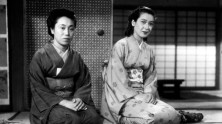
Tokyo Story
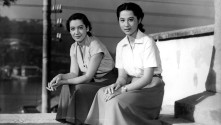
Early Summer
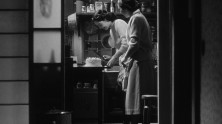
Passing Fancy
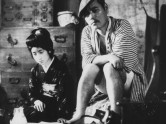
Dragnet Girl
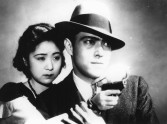
Tokyo Story

A Story of Floating Weeds
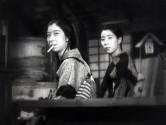
Days of Youth
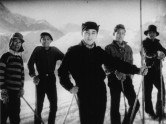
The Flavor of Green Tea over Rice
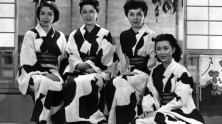
Early Spring
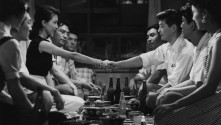
The Munekata Sisters
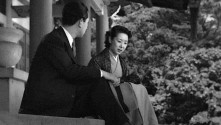
Floating Weeds
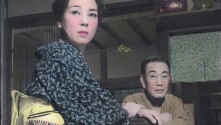
Good Morning
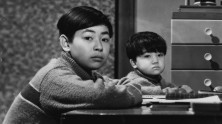
Late Autumn
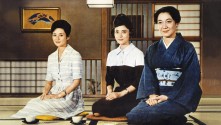
Tokyo Twilight
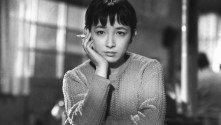
The Brothers and Sisters of the Toda Family
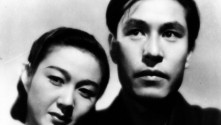
I Flunked, But …
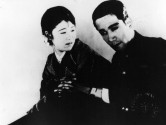
Late Autumn

Where Now Are the Dreams of Youth?
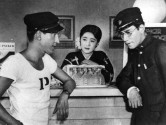
The End of Summer
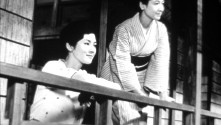
Early Spring

Café Lumière
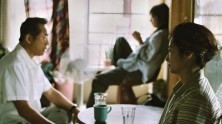
Tokyo Story

